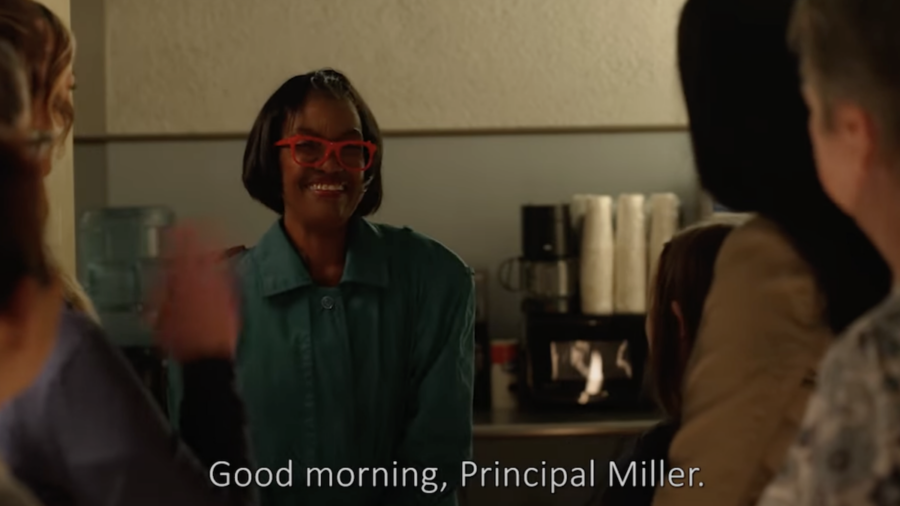For the first time, there is a large-scale report providing quantifiable data regarding the lack of accessibility at film festivals for disabled filmmakers and attendees. The Film Event Accessibility Scorecard is a virtual questionnaire form containing 70 questions that touch upon event attendance experience and recommendations. Between July 22, 2022 and November 20, 2023, 353 respondents provided feedback on 75 film festivals and film events internationally.
A big takeaway from the impact report: 73% of disabled respondents experienced some form of inaccessibility in the attendee experience and 93% of festivals received a below the median score. This included lack of accessible seating, volunteers being untrained on access features, the lack of functional assistive listening devices, and panels not being moderated accessibly. For example, 77% responded “somewhat disagree” or “disagree” to the question: “Live captions were available for the panels and Q&As (in-person).” [continue reading…]


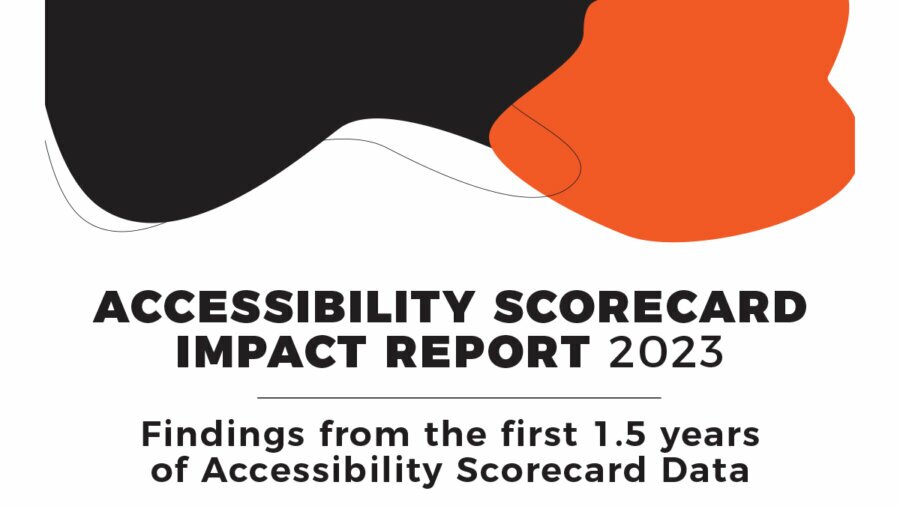
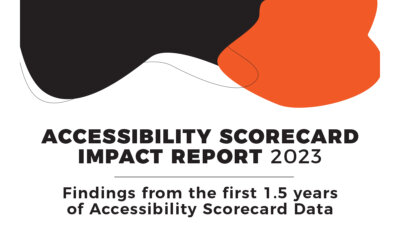
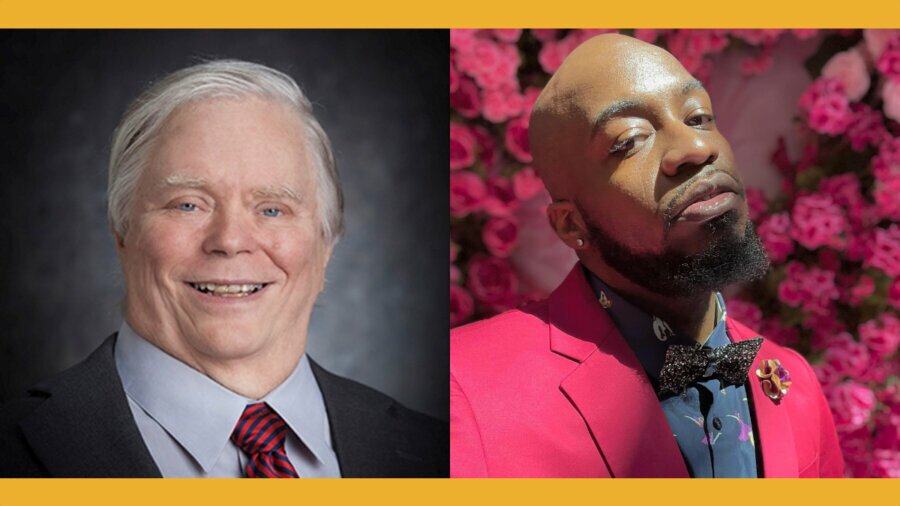
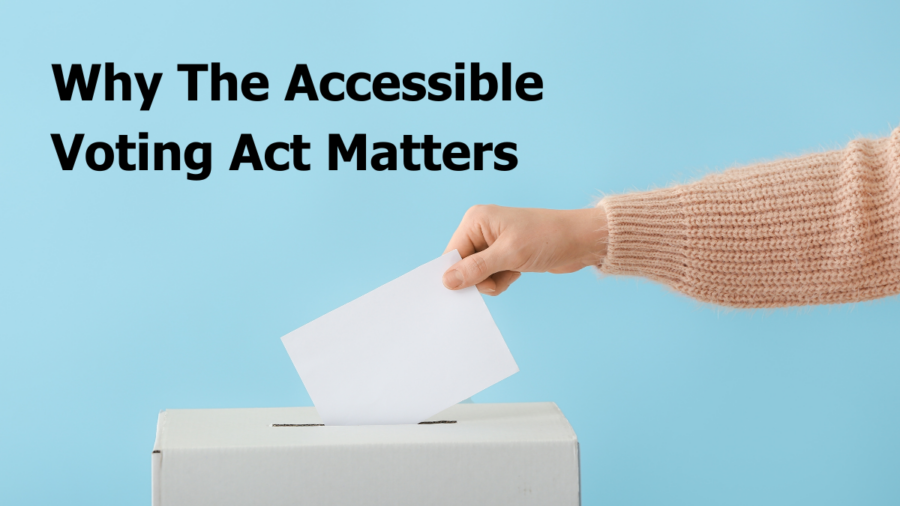
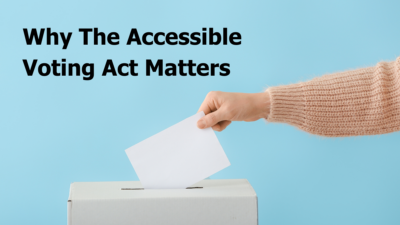

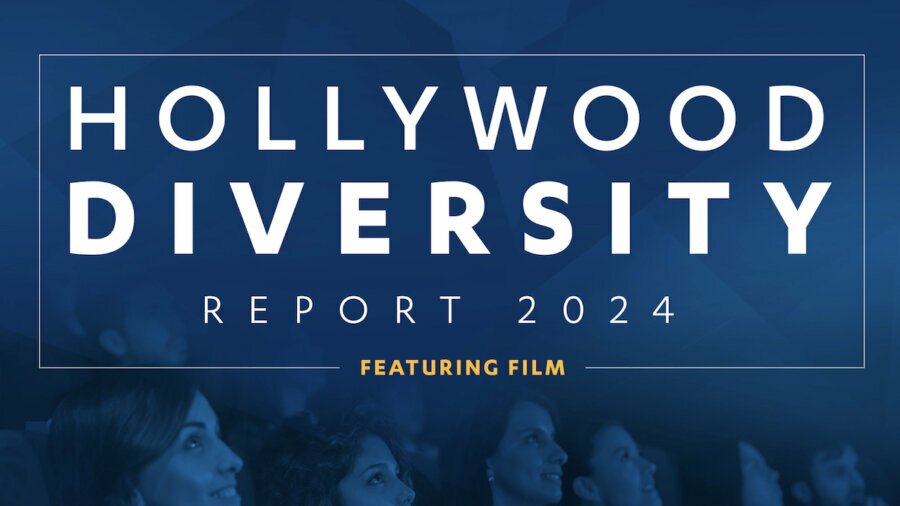
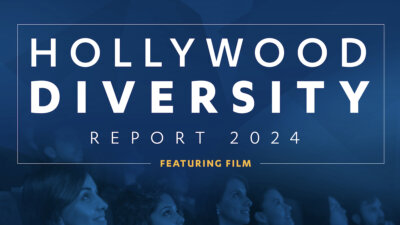

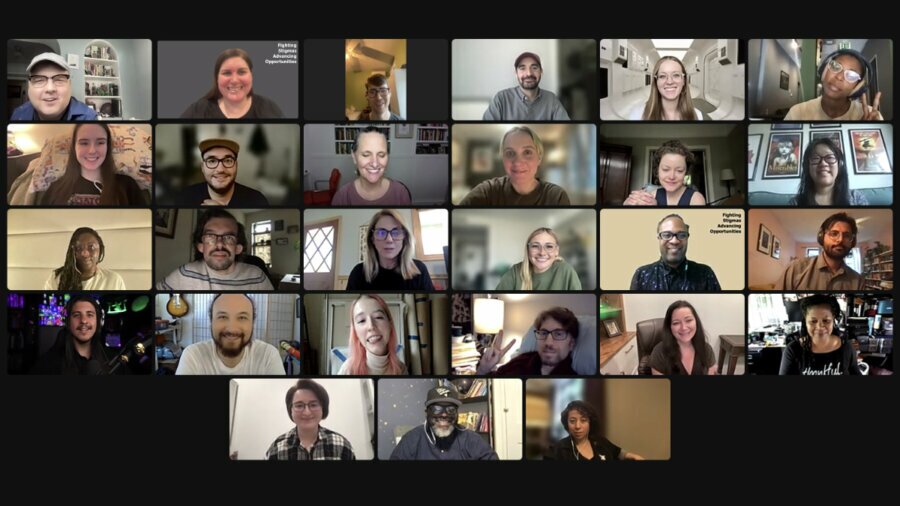
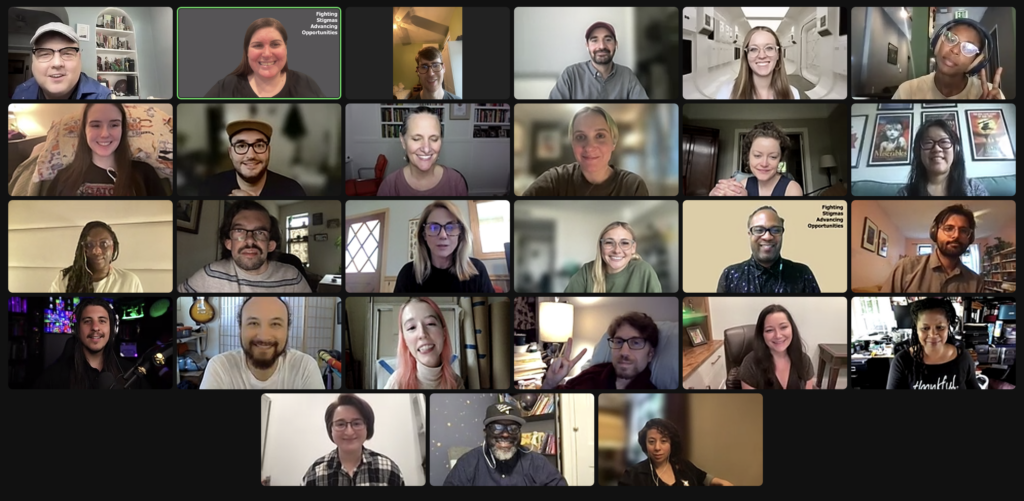
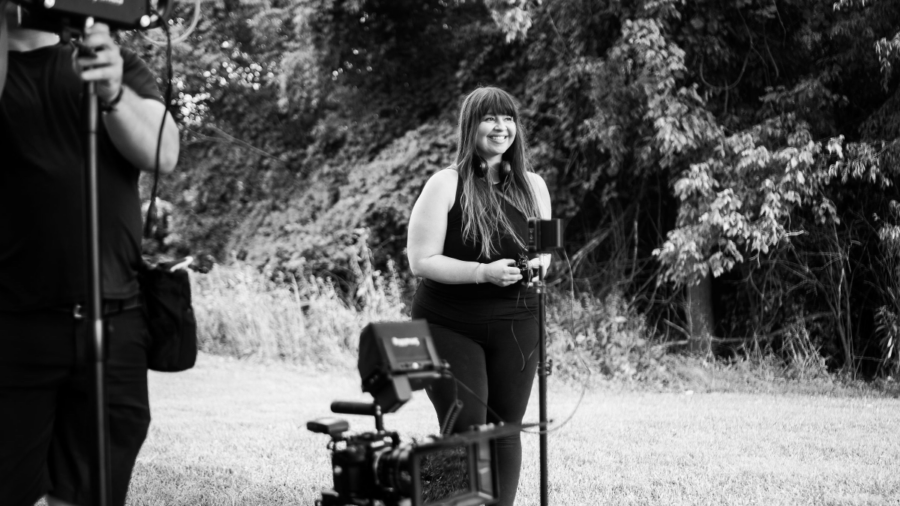
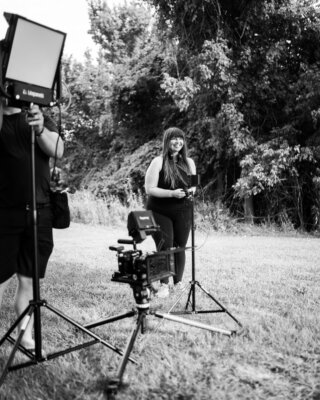

 Every year on the 15th day of the Hebrew month of Nissan (April 22 on the Gregorian calendar this year) Jewish people celebrate Passover. We gather at homes and synagogues for the first of two seders. The Haggadah includes the order of the rituals, blessings, songs, and readings. It even tells when to eat the seder meal.
Every year on the 15th day of the Hebrew month of Nissan (April 22 on the Gregorian calendar this year) Jewish people celebrate Passover. We gather at homes and synagogues for the first of two seders. The Haggadah includes the order of the rituals, blessings, songs, and readings. It even tells when to eat the seder meal.